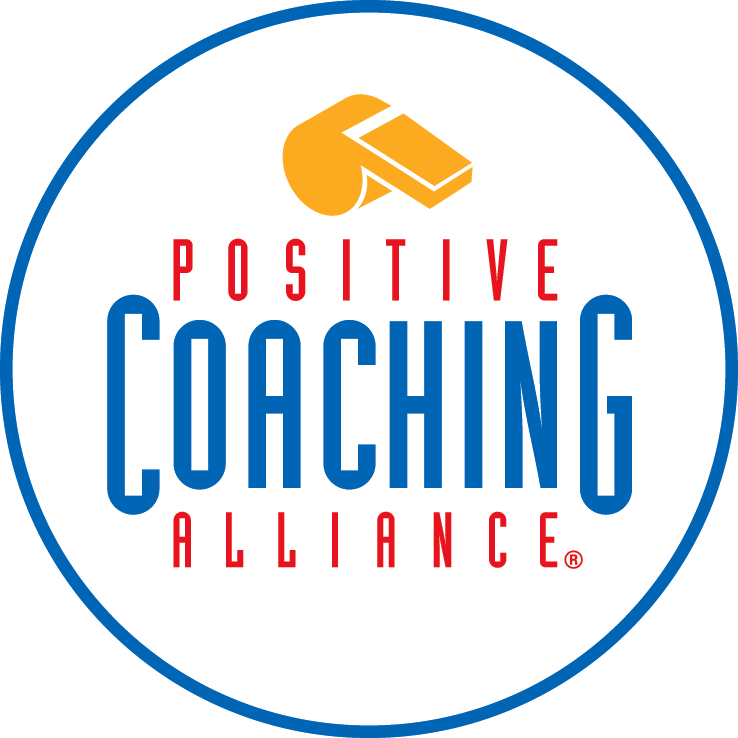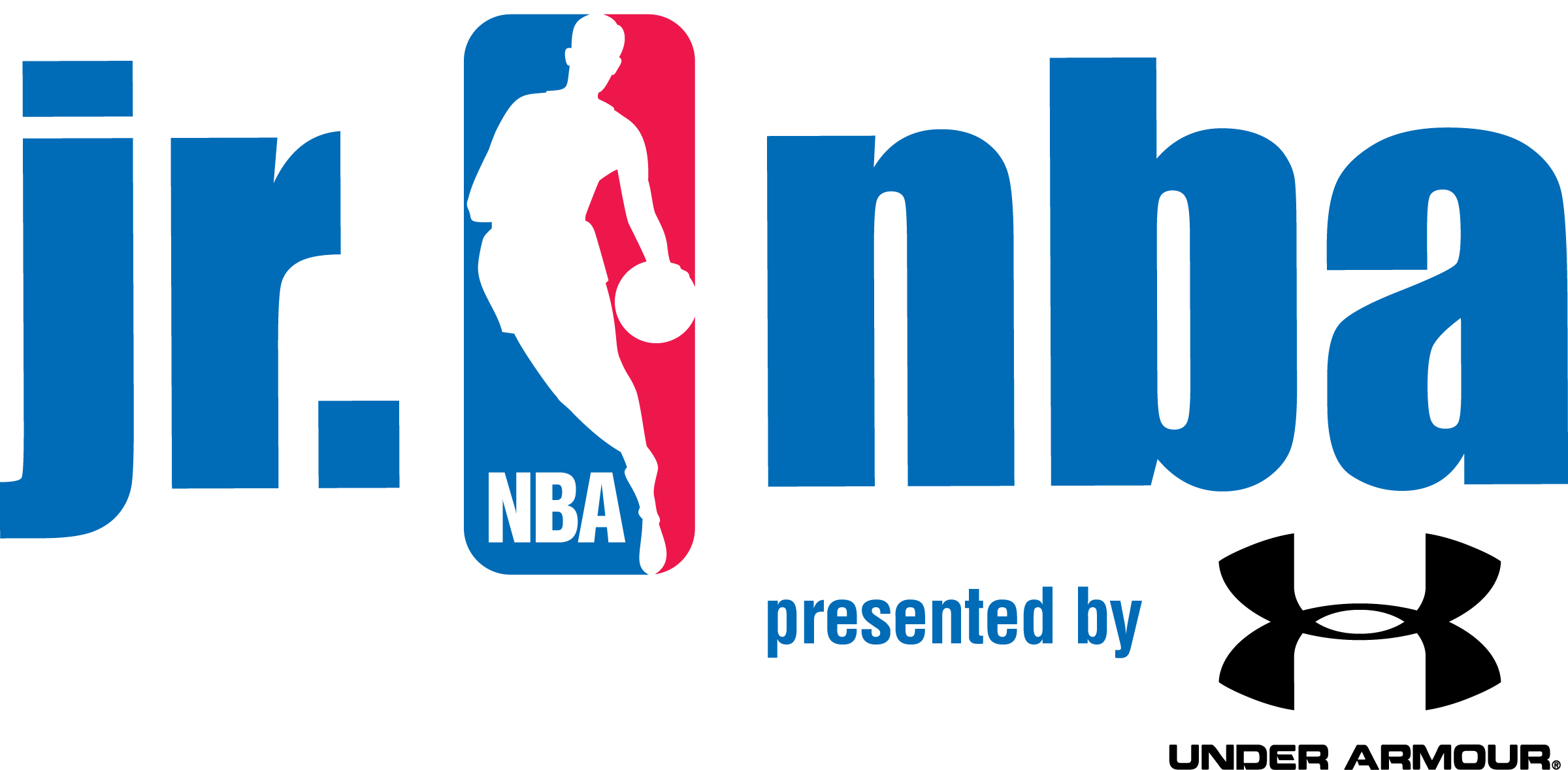
Basketball on the Edge – 16 Qualities Every Basketball Team Leader Needs
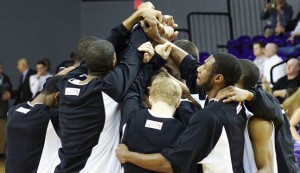
Leadership is a quality that is often easy to recognize, but harder to define. What are some characteristics that make you a great leader?
Your work ethic should be your greatest asset.
This is where it all starts. You must be one of the hardest workers on your team. This is the best and quickest way to enhance your credibility with your teammates and coaches. If you don’t work hard no one is following you anywhere!
You believe and demonstrate that the best interest of the team must always come first.
You truly must not care who scores, who plays the most minutes, or who gets the credit. You must be willing to sacrifice for the good of your team. Not many players can honestly say, “The team comes first.”
You are an energy giver.
Your enthusiasm and passion for the game should be evident to anyone who watches you practice or play a game. Your energy level should boost your teammates’ performance. Any team environment you are in is better because of the spirit you bring to it.
You make mistakes and use them to improve instead of looking for excuses.
Great leaders are willing to take risks. Increased risk means more chances for mistakes. Growth and improvement come from making mistakes, admitting the mistake, and then learning from the mistake. To become a great leader you must apply this thought process on the court and in the locker room.
Your mental toughness sets you apart.
Learn to be resilient and bounce back quickly after mistakes. Don’t turn one mistake into two by sulking or pouting. Be the tough player that your teammates look to in the face of adversity. When things go bad they look to you because you are able to handle the pressure. Leaders want the ball in their hands when the game is on the line. Don’t be afraid to fail in clutch situations, instead look at clutch situations as an opportunity you have been given to show how your preparation and hard work has paid off. If you do fail, be prepared to accept the responsibility and look forward to being successful next time.
You do the little things right when no one is watching.
Who are you when no one is watching? Are you the same player, do you give the same effort as when the coach has his eye on you? Great leaders don’t allow any slippage regardless of whether a coach is watching or not.
You build relationships with your teammates.
Leadership is all about relationships. You can’t lead anyone if you don’t have a relationship first. Get to know everyone on your team. You may spend more time with your best friends or players in the same grade as you, but make a strong effort to get to know each and every member of your team. A quick conversation before or after practice can go a long way towards strengthening the bonds between you and your teammates that will pay off as the season unfolds.
You give more than what is asked and take less than what is deserved.
Do you always have your hand out looking for someone to give you more? Or are you the player looking for ways to give more to your team?
You fill your teammate’s tank.
Always look for teammates who are doing the right thing to help your team. Praise a teammate for their hard work in a drill, for making a great pass, for being resilient when mistakes occur, or getting an A on a test. We all do better when our tanks are filled with specific and truthful praise. Recognize the actions and attitudes you want to see repeated.
You make choices add up to success.
Every day you make choices. Do yours lead to success or failure? Do you drink a Coke or water? Do you study for a test or play video games? Do shoot free throws before practice or work on your half-court shots? Are you polite or do you treat others disrespectfully? Each individual action may not seem significant, but collectively your choices will add up to success or add up to failure.
You make your teammates better on the court.
Be the player that everyone hates to go against in practice. Your teammates should know you are coming at them every day. Encourage them to do the same for you and for each other. Good leaders consistently inspire others to reach a level that they didn’t think was possible.
You support your teammates off the court.
Your teammates have issues just like you: school, romance, family, a shooting slump, etc. Good leaders are always watching for teammates they can offer to support. If you’ve built a relationship, they’ll appreciate when you reach out to them when they are struggling.
You look for solutions and don’t complain.
Anybody can complain. Players do it all the time. They complain about the coach and the bad decisions he makes. They complain about teammates who play ahead of them or make a crucial mistake. They complain about practice. Be a leader who looks for solutions to these problems instead of fueling the fire by joining in with the complainers.
You talk to your coach on regular basis.
Find out what your coach needs from you and then try your best to deliver. What are the coach’s objectives for the day’s practice? How can you help achieve those objectives?
You help your team see that hard work leads to long term success.
The hard work that is required of you and your teammates on a daily basis is an investment that will pay off over the course of the season. That may be tough for everyone to see during a particularly tough practice or during a losing streak, but leaders help the team keep their eyes on the prize.
You represent yourself and the team with class.
Everywhere you go people are making judgements about you, your team, your family, your school, and your community based on your actions and appearance. Go the extra mile to practice good sportsmanship, be polite, treat everyone with respect, take care of your facilities, and demonstrate what kind of person you are. Leaders make those around them proud!
Teams with great leadership are often the most successful. Are you willing to do what it takes to become a leader on your team?
Click here to register for one of our upcoming programs!
Sign up now to get a “Head Start” on your competition with our free basketball tip of the day delivered straight to your inbox. Click below, enter your email and we’ll also send you our E-Book, “Mental Toughness, Improve Your Brain – Improve Your Game”.
Basketball on the Edge – My Season Ended in Disappointment by PGC Basketball
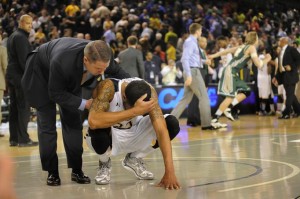
If you have ever played sports you have had disappointments. I know that I have losses in my playing and coaching career that stick with me to this very day. Only one team each year gets to end their season with a win. With the Final Four upon us I think this article will touch a nerve and inspire players, coaches, and parents to keep striving to be their best despite the near certainty that you will experience disappointment along the way.
Click here to read the article from PGC Basketball
Click here to register for one of our upcoming programs!
Sign up now to get a “Head Start” on your competition with our free basketball tip of the day delivered straight to your inbox. Click below, enter your email and we’ll also send you our E-Book, “Mental Toughness, Improve Your Brain – Improve Your Game”.
Basketball on the Edge – The Double Defeat: Can you lose twice in one competition? by James Leath
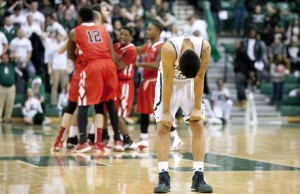
This article by James Leath is centered on this famous quote from legendary Green Bay Packers Coach Vince Lombardi.
“Winning is not a sometime thing; it’s an all time thing. You don’t win once in a while, you don’t do things right once in a while, you do them right all the time. Winning is habit. Unfortunately, so is losing.”
Leath explains why your process and effort are so important as an athlete or as coach.
Click here to read the article by James Leath
Click here to register for one of our upcoming programs!
Sign up now to get a “Head Start” on your competition with our free basketball tip of the day delivered straight to your inbox. Click below, enter your email and we’ll also send you our E-Book, “Mental Toughness, Improve Your Brain – Improve Your Game”.
Basketball on the Edge – How Can We Help Players Be More Competitive? – Vintage Edition

Competitiveness is one of the areas that many youth basketball players (and their coaches) struggle with on a daily basis. Do players fight for every loose ball or rebound? Are they willing to get after it on defense and take pride in shutting down their man? Do players want to win the one on one battles that determine the outcome of so many games? Too many coaches I talk to say the answer is no. They believe players today just aren’t as competitive as players in the past. I would tend to agree as I’ve observed this on both teams that I have coached and in my work with players as a skills trainer. How do we develop that determination to win? What can be done to help improve the competitiveness of today’s young players? I have a couple of suggestions that can help coaches improve the competitiveness of their players.
Make sure that your players compete every single day in practice by keeping score. If there is a way to make a “drill” into a “game” try to do it. Don’t just have your players shoot layups, put them on two teams and see which team can make more layups in a minute. Don’t just do a shooting drill, set a goal so the team has to make a certain number of shots in a certain amount of time. Play short squad games like 1 on 1, 2 on 2, 3 on 3, etc. but make sure you are keeping score. In my experience, I have found that competitive kids always know the score. My youngest daughterplayed smurf soccer where no official score is kept, but every time a goal was scored she told her coach or her teammates what the score was. She competed hard for the ball during the game and wanted to win. Some kids have that naturally, others don’t. By keeping score during practice coaches can help all kids become more competitive in the moment. Coaching still requires teaching a skill first before you can get competitive, but once the skill has been taught your creativity as a coach can create competitive drills/games that will develop competitiveness in your players. If your players are never trying to “win” in practice, how will they learn what it takes to win a real game?
The second way to increase the competitiveness of your players is to put your players through drills or “games” that require contact and physical play. By creating games that require players to make physical contact (think rebounding or a drill where the offense can’t dribble allowing the defense to get right up on their man) coaches can put players in position where they have to play physical to be successful. Physical play tends to bring out the competitive spirit in most players. If you’re getting bumped and pushed around you’ll tend to play harder while bumping and pushing back. Remember that playing “physical” is not shoving other players in the back, tripping them, or taking cheap shots. It just means putting players in situations where physical contact is created and required for success in the drill/game. Doing this helps players become more comfortable with the contact that occurs during a real game.
In each and every practice, find ways to get your players to compete with each other and play physical. It will undoubtedly translate to success in games.
Click here to register for one of our upcoming programs!
Sign up now to get a “Head Start” on your competition with our free basketball tip of the day delivered straight to your inbox. Click below, enter your email and we’ll also send you our E-Book, “Mental Toughness, Improve Your Brain – Improve Your Game”.
Basketball on the Edge – Can You Get 1% Better Every Day? – Vintage Edition
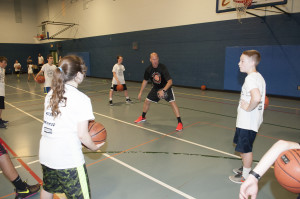
How can my son or daughter get better and make the team next year? How can they go from being a bench player to a starter? How can they go from being a starter to being the best player on their team? These are questions I hear from parents all the time. There is no one magic bullet that will suddenly transform your young child into a superstar with multiple college scholarship offers in hand, but I have recently come across a concept that is so simple in its approach that any player can do it and get better.
What is this concept? It is called Kaizen. (If you want to read the history of where the term came from you can read about it here – https://en.wikipedia.org/wiki/Kaizen) In very simple terms Kaizen means “continuous improvement”, but what does that mean from a basketball perspective and how can your child apply it to become a better basketball player?
Sustaining an effort is the most important thing for any enterprise. The way to be successful is to learn how to do things right, and then do them the same way every time. Over the length of a season, a correlation always appears between great effort and great overall numbers. It may not show from one game to the next, but in the long run superior effort is reflected in the win column. – Pat Riley
Get 1% better every day! Sometimes the road ahead of a young player can look very daunting. Other players are much more skilled, or stronger, or faster. How can a young player “jump” a level and really improve? Help your child make continuous 1% daily improvement their goal.
“When you improve a little each day, eventually big things occur. Not tomorrow, not the next day, but eventually a big gain is made. Don’t look for the big, quick improvement. Seek the small improvement one day at a time. That’s the only way it happens — and when it happens, it lasts.” —John Wooden
How do you help your young player implement the concept of Kaizen into their basketball training? Have your child ask them self this question every single day: What’s one small thing I can do today that would make me a better basketball player?
What does that look like on a daily basis? Pick a reasonable amount of time for your young player’s age. (Start small, 10 minutes a day. After a while they can add time depending on their age, motivation, and desire to improve.) Then, simply practice a particular skill for that set amount of time each day. Let’s say your child wants to be a better ball handler this coming season. If they spend 10 minutes handling the ball EVERY day for the next 10 weeks until their official practices start they will be better. They key to Kaizen is the daily continuous effort that yields small 1% gains.
The Kaizen approach to improving your game completely breaks down the big, overwhelming goals into small daily increments. Getting 1 % better encourages action. The small successes a young player experiences compound on each other and start building momentum, which leads to taking bigger and bigger actions, (like adding minutes to their daily practice time).
In addition, one of the key components of Kaizen is that there is no magic bullet that will suddenly make them a great player. Change comes through small, continuous improvement. Instead of wasting time searching for the miracle that will change everything, Kaizen helps a young player direct their attention to their daily workout and reminds them: “You already know what you need to do. Get to work and find small ways to improve along the way.” This is a great message for your young player to hear and internalize, especially when it doesn’t always come from you, the parent nagging them to practice every day. Once their daily workout is in place intrinsic motivation should take over.
Success is a few simple disciplines, practiced every day; while failure is simply a few errors in judgment, repeated every day. —Jim Rohn
Finally, Kaizen isn’t a “one and done” approach to basketball training. It’s a process of continual improvement. Your child will never “arrive” as a basketball player with Kaizen, so the temptation to sit back and relax once they’ve seen a bit of improvement is reduced.
Success isn’t owned, it’s rented. And the rent is due every day. – JJ Watt
Start getting 1% better today!

